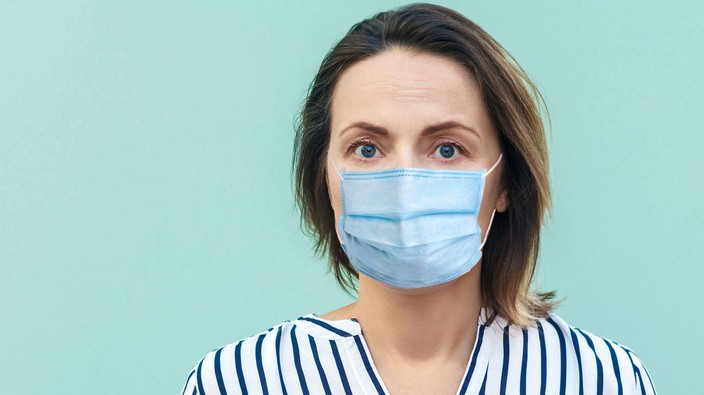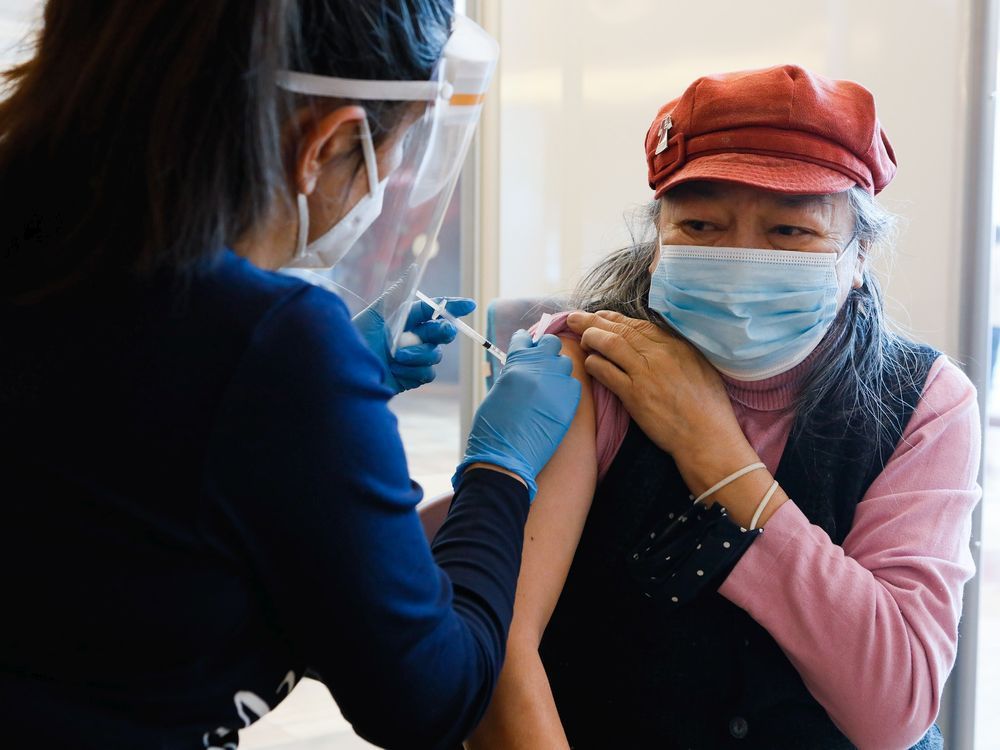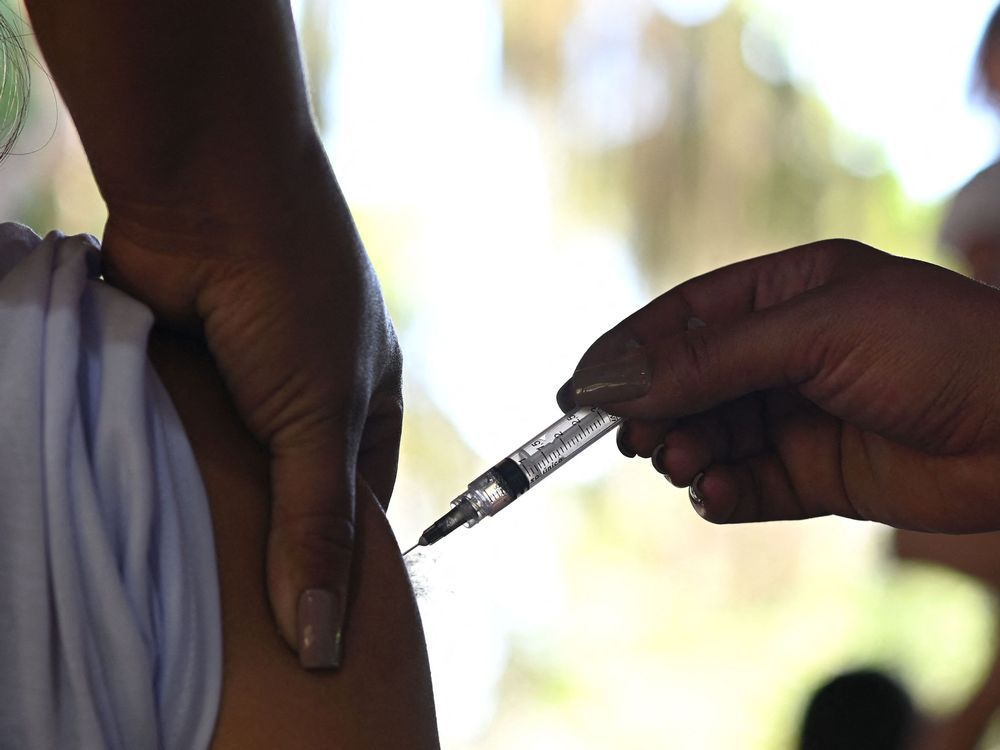should vaccines be mandatory for health workers?
greece, italy and france are requiring health staff to be vaccinated against covid. should canada follow suit?
double dose of vaccines effective against delta
the most common covid vaccines offers almost as much protection against the delta variant of the virus as the initial alpha strain.
covid-19: full vaccinations in ontario near two-thirds level
as of 8 p.m. on wednesday, more than 18.6 million doses of vaccine had been delivered
 8 minute read
8 minute read









